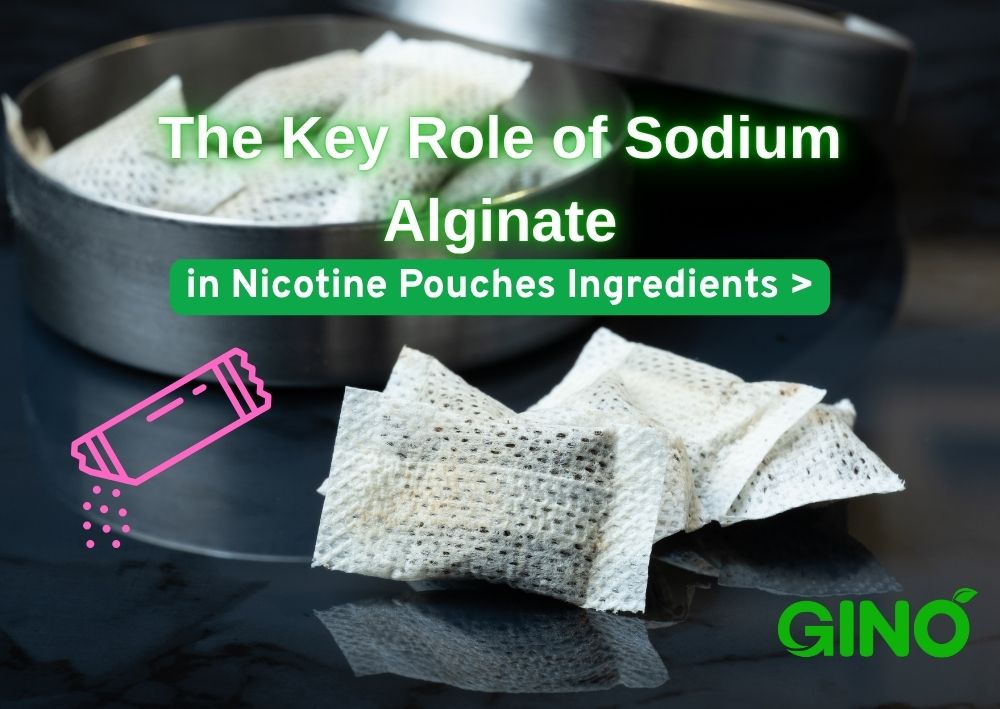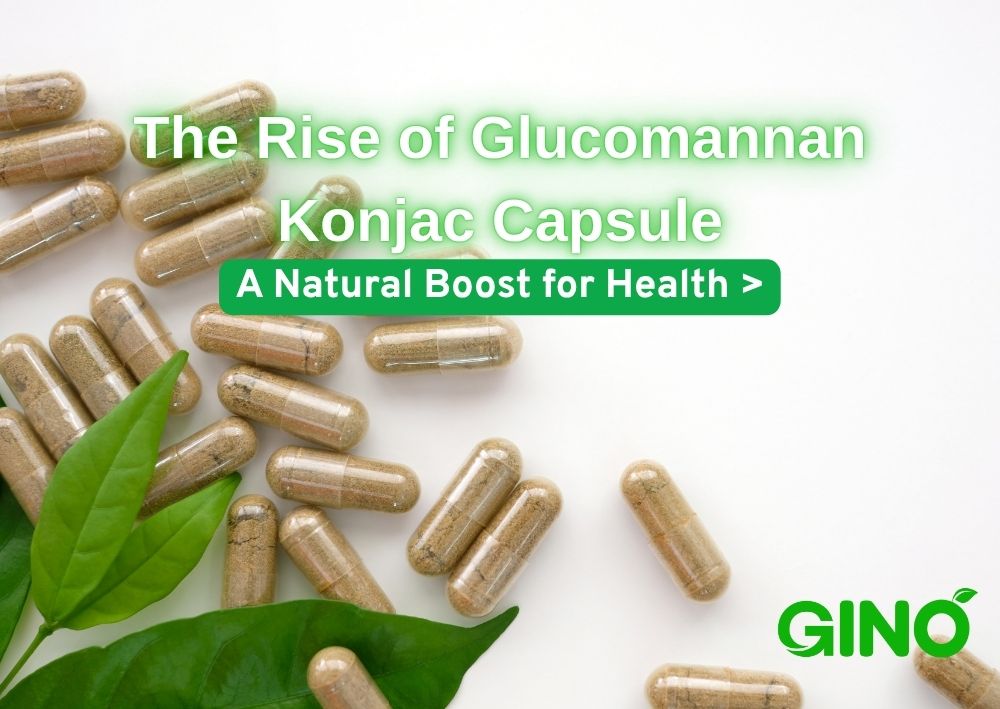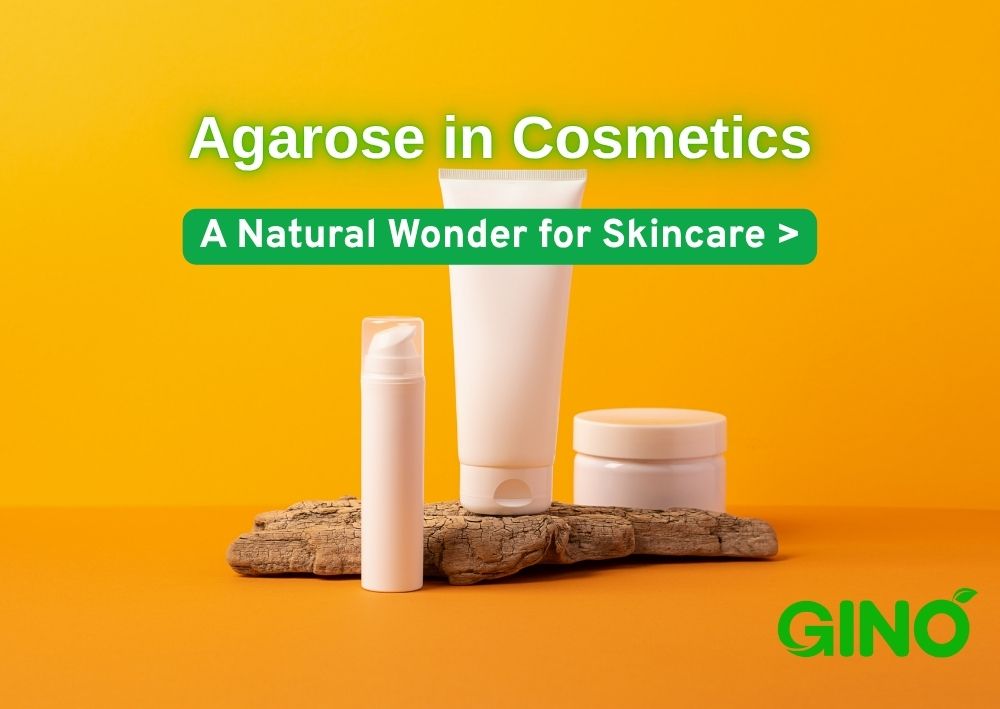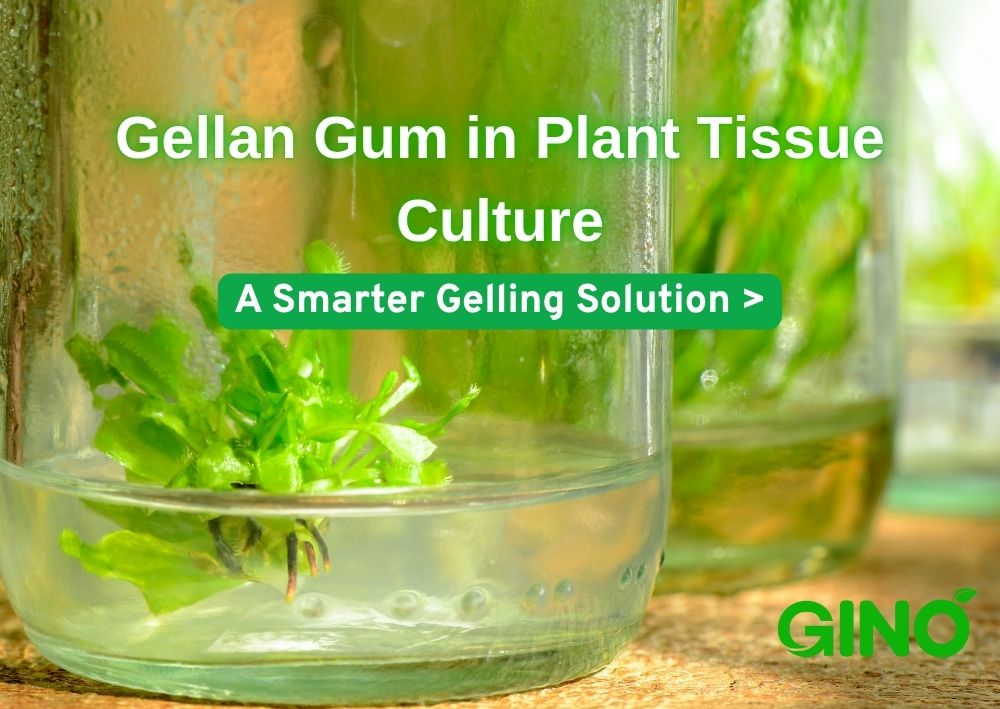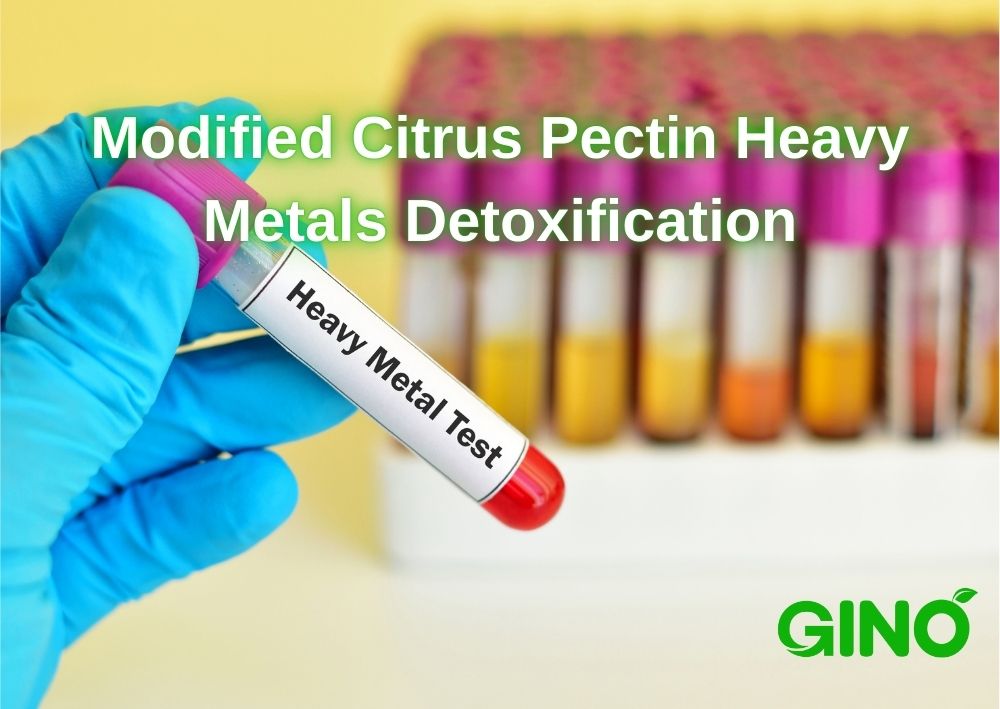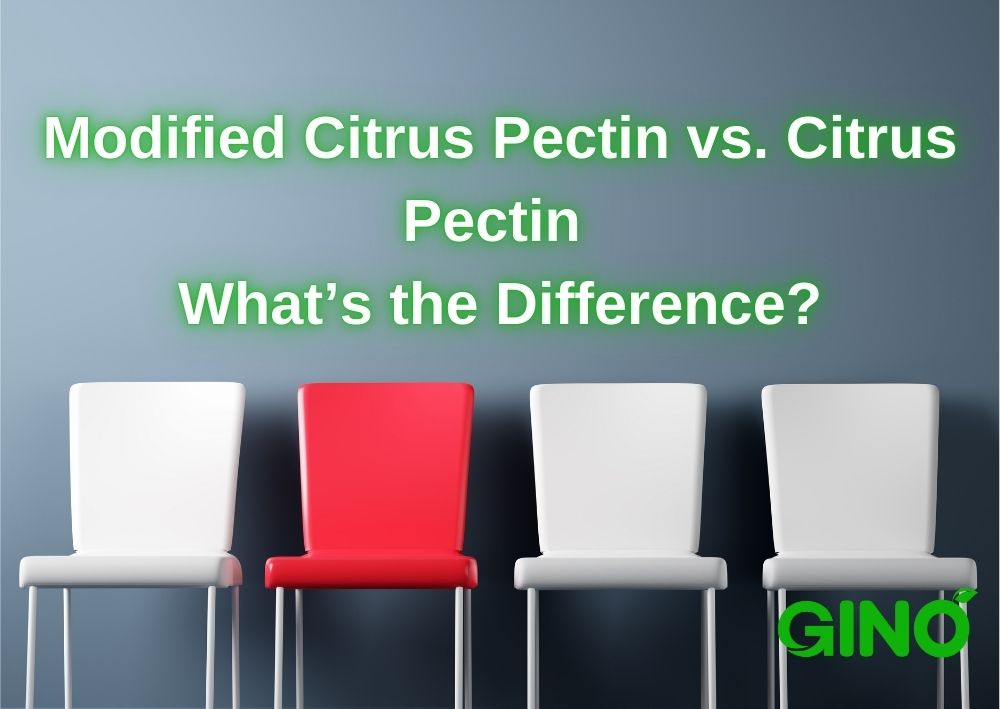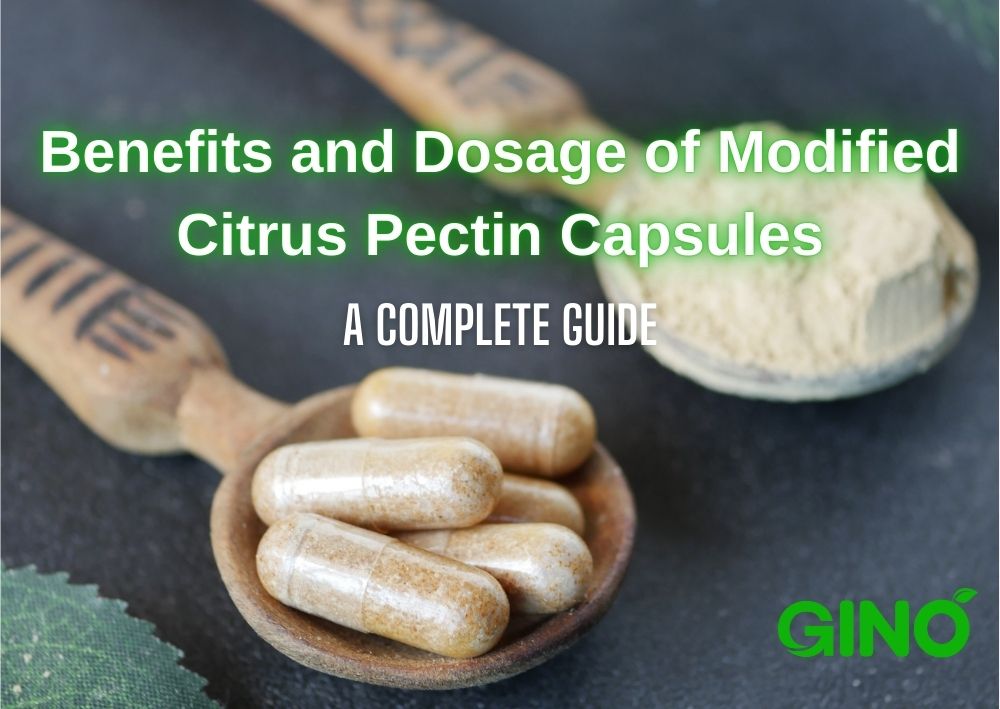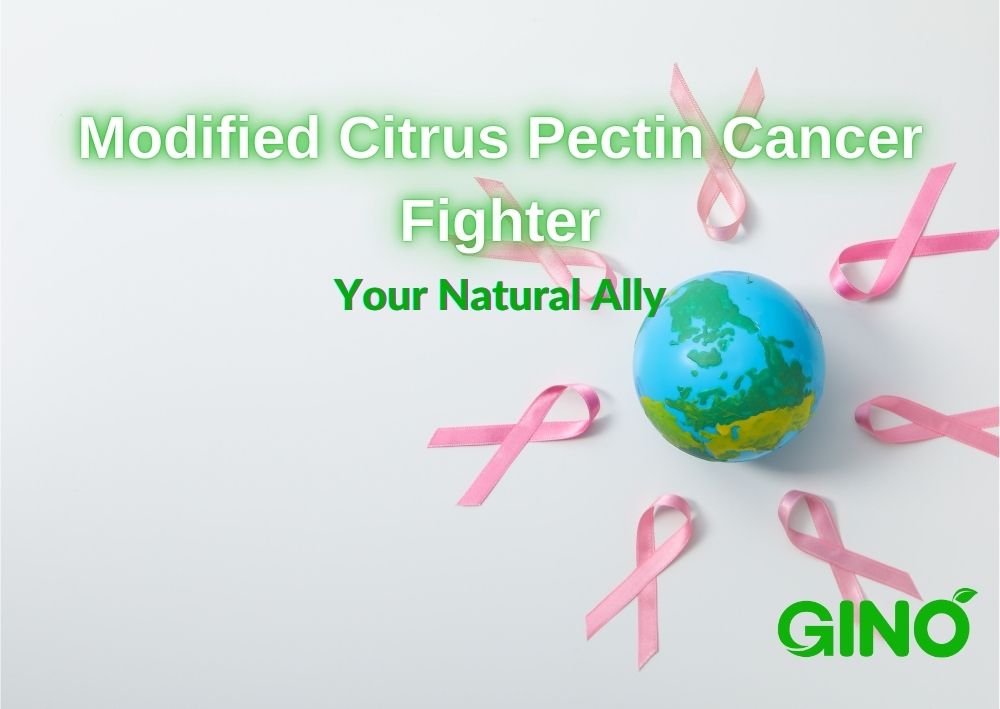
Are Food Thickeners Bad for You?
Are Food Thickeners Bad for You?
Abstract
Food thickeners are some kind of food additives that are widely used in the food industry.
Regarding the use of thickeners in food, the state does not make strict regulations.
The thickener itself is not harmful, as long as it is added in the right amount, it will not cause harm to human body.
1. Can thickeners be harmful to human health?

Some time ago, the Internet rumors of porridge added thickeners, but after investigation, it was found that the porridge is indeed added thickeners. Many people are worried about this, the porridge they have eaten for so many years has added thickeners, whether the thickeners are harmful to people's health? What are the dangers of thickeners?
Are there any harmful effects of thickeners on the human body?
Thickener is a food additive, which has a wide range of applications in the food industry.
2. Why thickeners are added to food?
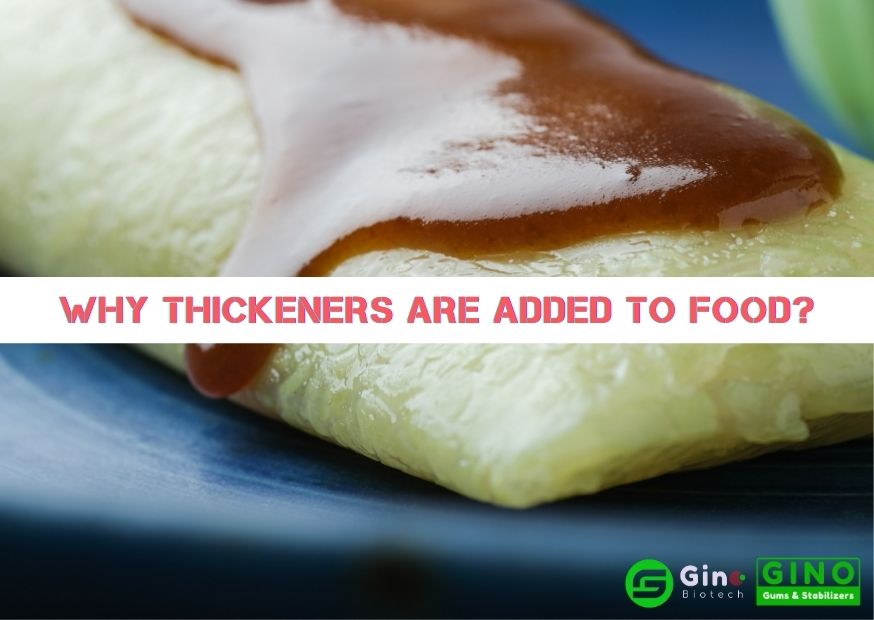
The use of thickeners in food is mainly to improve and increase the viscosity of food, and make the food have a lubricious and palatable feeling, can effectively improve the quality and performance of food.
The thickener itself is not harmful, as long as the right amount is added, it is not harmful to humans.
There are no strict regulations on the use of thickeners in food, which means that common thickeners are not harmful to the body.
3. What are common thickeners?
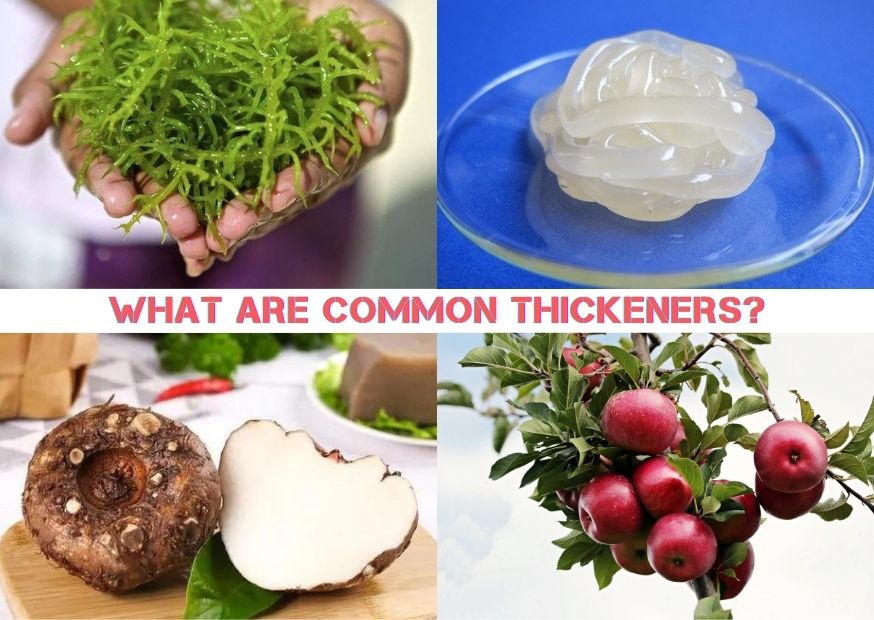
There are 39 kinds of thickeners currently approved for use in China.
I don't know if you usually look at the ingredients list of food when shopping, if you pay attention to check, you may not be unfamiliar with gelatin, pectin, xanthan gum, sodium carboxymethyl starch, sodium alginate, agar, etc.
There are many varieties of thickeners allowed to use, I will not list them one by one, I will take sodium carboxymethyl cellulose (CMC) as an example, to talk about its role in food.
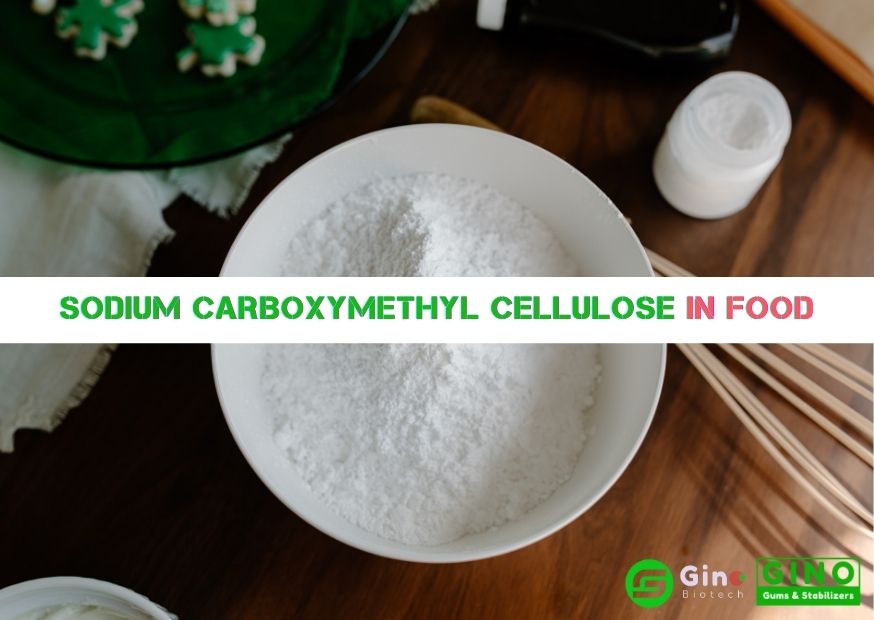
4. Sodium carboxymethyl cellulose (CMC) in food
Sodium carboxymethyl cellulose (CMC), as a food additive, is a fiber derivative obtained by chemical modification of natural cellulose and is one of the important water-soluble polymers.
CMC is white or slightly yellow powder, granular or fibrous solid, odorless, tasteless and non-toxic. CMC is a macromolecular chemical that can absorb water and swell, and when dissolved in water, it can form a transparent viscous gum with neutral PH.
Solid CMC is stable to light and room temperature, and can be stored for a long time in a dry environment.
4.1 CMC has the functions of thickening, stabilizing, emulsifying and shaping
CMC has the functions of thickening, stabilizing, emulsifying and shaping, which can reduce the production cost of food, improve the grade of food, improve the taste of food, and also extend the shelf life of food.
4.2 CMC has excellent properties such as film formation, colloid protection and moisture protection
CMC has excellent properties such as thickening, dispersing, suspending, bonding, film forming, protecting colloid and protecting water, etc. It is widely used in food, medicine, toothpaste and other industries.
4.3 CMC has hygroscopic properties
CMC has hygroscopic properties, and its degree of hygroscopicity is related to the atmospheric temperature and relative humidity, when it reaches equilibrium, it will no longer absorb moisture; CMC aqueous solution has excellent performance of bonding, thickening, emulsification, suspension, film formation, protection of colloid, moisture retention, anti-enzymatic and metabolic inertia.
Conclusion
The common thickeners we use are gelatin, carrageenan, pectin, tamarind gum, agar, xanthan gum, gum Arabic, sodium alginate, sodium carboxymethyl cellulose, sodium starch phosphate, sodium carboxymethyl starch, hydroxypropyl starch, sodium caseinate, propylene glycol alginate (PGA), etc. These thickeners are not harmful and are mainly used to increase the taste and have some nutritional value. So as long as the regular food thickeners are not harmful to people's health, we can eat normally.
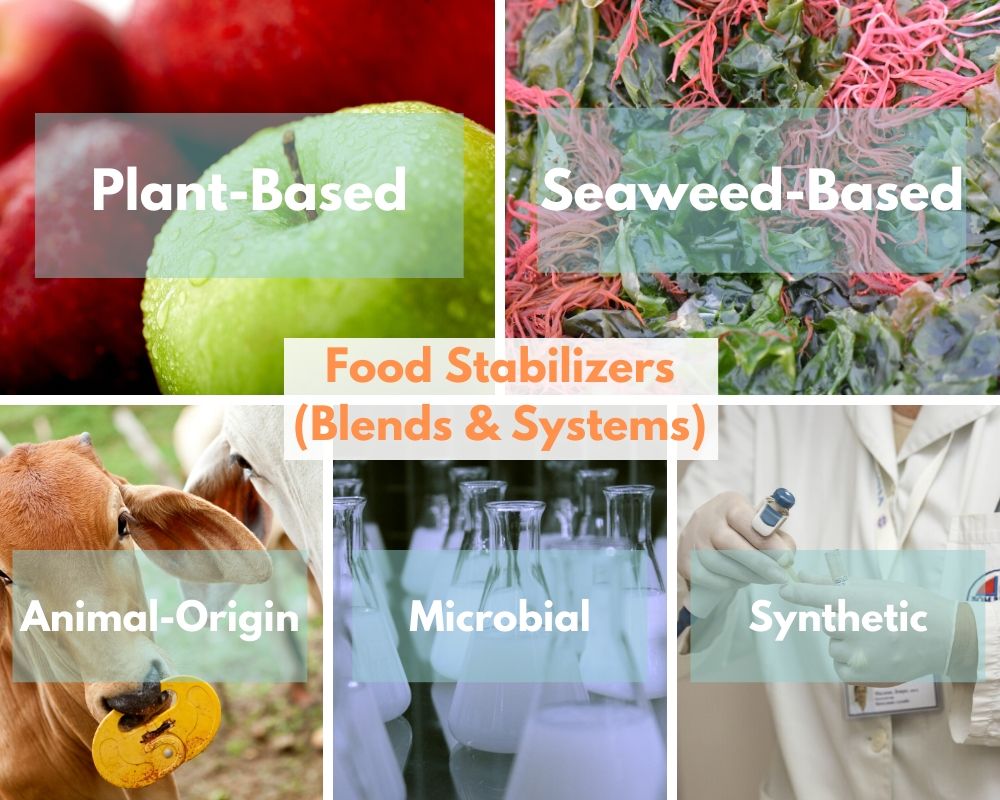
5 Key Points To Know The Food Stabilizers (Blends & Systems) Market
Food stabilizers Blends & Systems are a type of food additives added to the food items to retain the color, shape, texture, consistency, and stability of food products.

